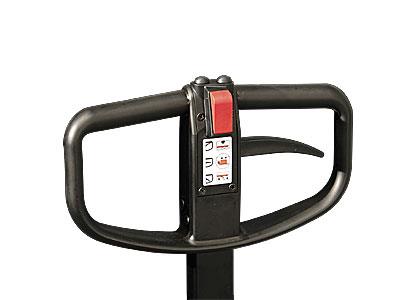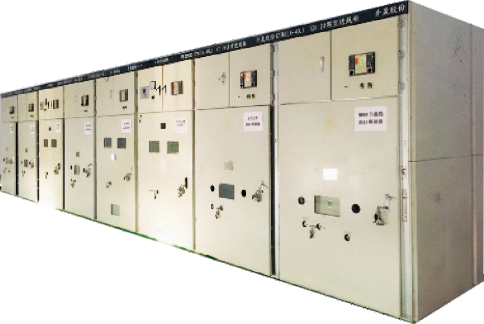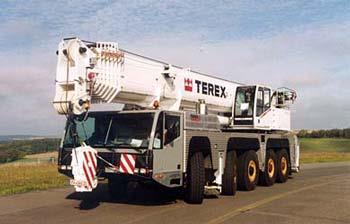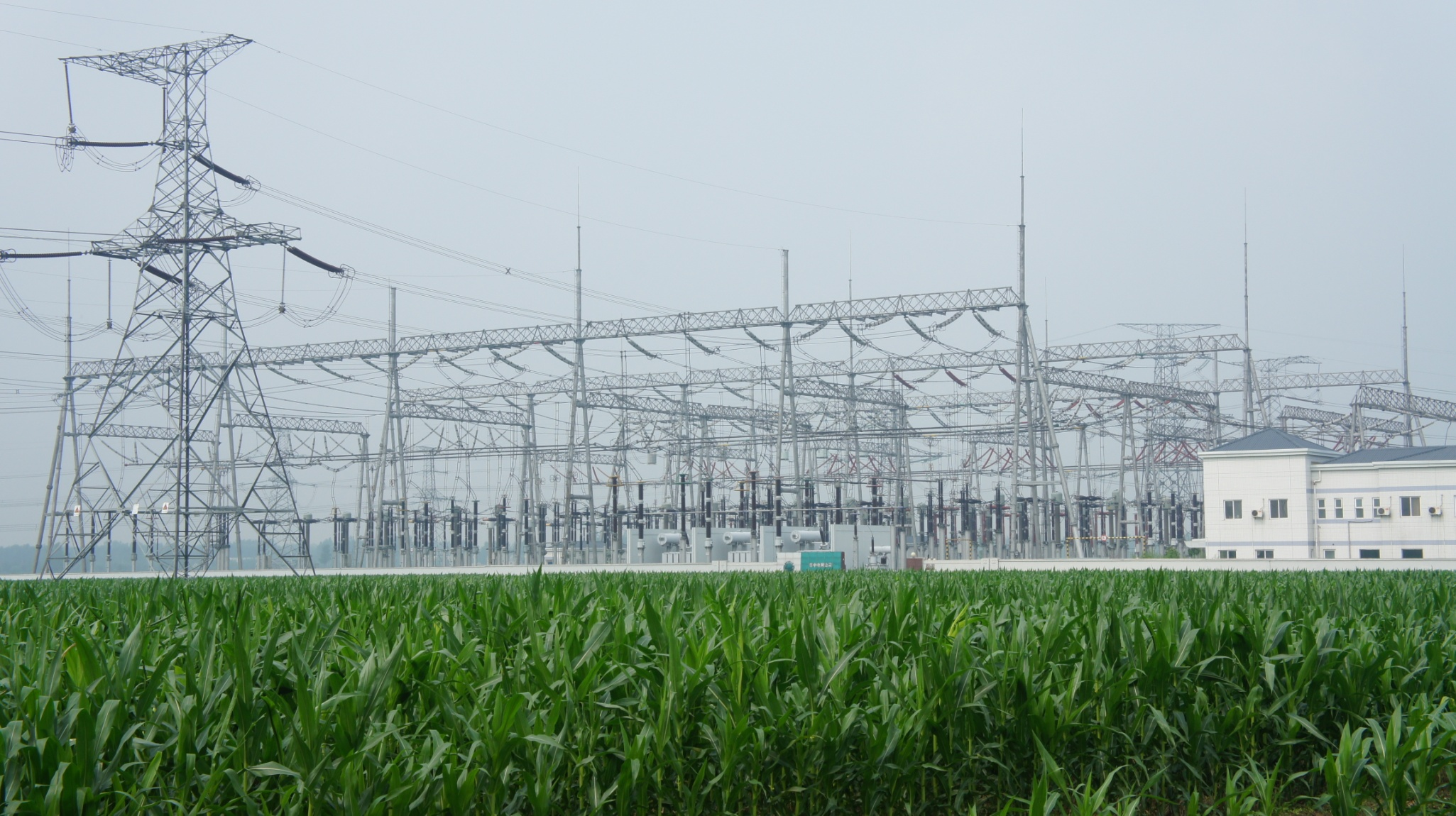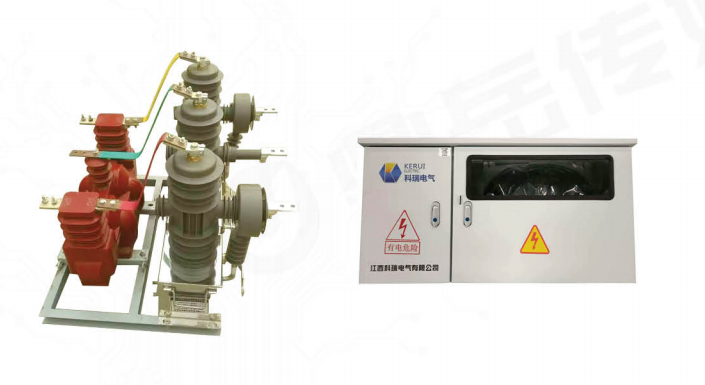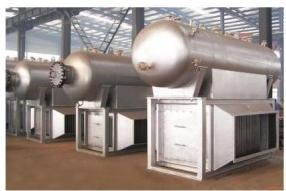
Wedoany.com Report-Dec 18, The first battery-powered trains in the Czech Republic have begun operating in Moravskoslezský region.
Four RegioPanter units equipped with traction batteries entered service on December 15, 2024, running on the S8 line between Veřovice and Ostrava via Studénka and Štramberk. These trains are part of a fleet renewal program supported by a ten-year contract between České dráhy and the regional government.
Replacing diesel operations on partially electrified routes
The new battery-and-electric multiple units (BEMUs) are designed to address operational challenges on partially electrified routes. By utilizing onboard batteries, the trains eliminate the need for passengers to transfer to diesel trains where overhead lines end, allowing for smoother and more efficient journeys. The units have an 80-kilometer battery range and a top speed of 160 km/h, making them suitable for various regional services.
The four units currently in service will be followed by 15 additional RegioPanter battery trains by the end of 2026. These units are set to operate on routes connecting Ostrava with cities including Opava, Krnov, Nový Jičín, Budišov nad Budišovkou, and Český Těšín.
Fleet renewal and accessibility features
Manufactured by Škoda Group, the RegioPanter units replace older rolling stock, offering updated features to improve accessibility and passenger experience. These include low-floor entry with wide doors, spaces for wheelchairs, strollers, and bicycles, as well as onboard amenities such as Wi-Fi and charging outlets.
Supporting regional rail modernization
The introduction of battery-powered trains is part of a broader effort to modernize the rail network in Moravskoslezský kraj. This includes infrastructure upgrades, such as plans for further electrification and the deployment of the European Train Control System (ETCS). The contract between České dráhy and the regional government reflects the aim to reduce environmental impact while improving regional mobility.
A total investment of nearly EUR 160 million will cover the purchase of 24 new units for the region, gradually replacing approximately 50 older vehicles. These battery-powered units will serve both electrified and non-electrified sections, improving connectivity and operational efficiency across the network.



